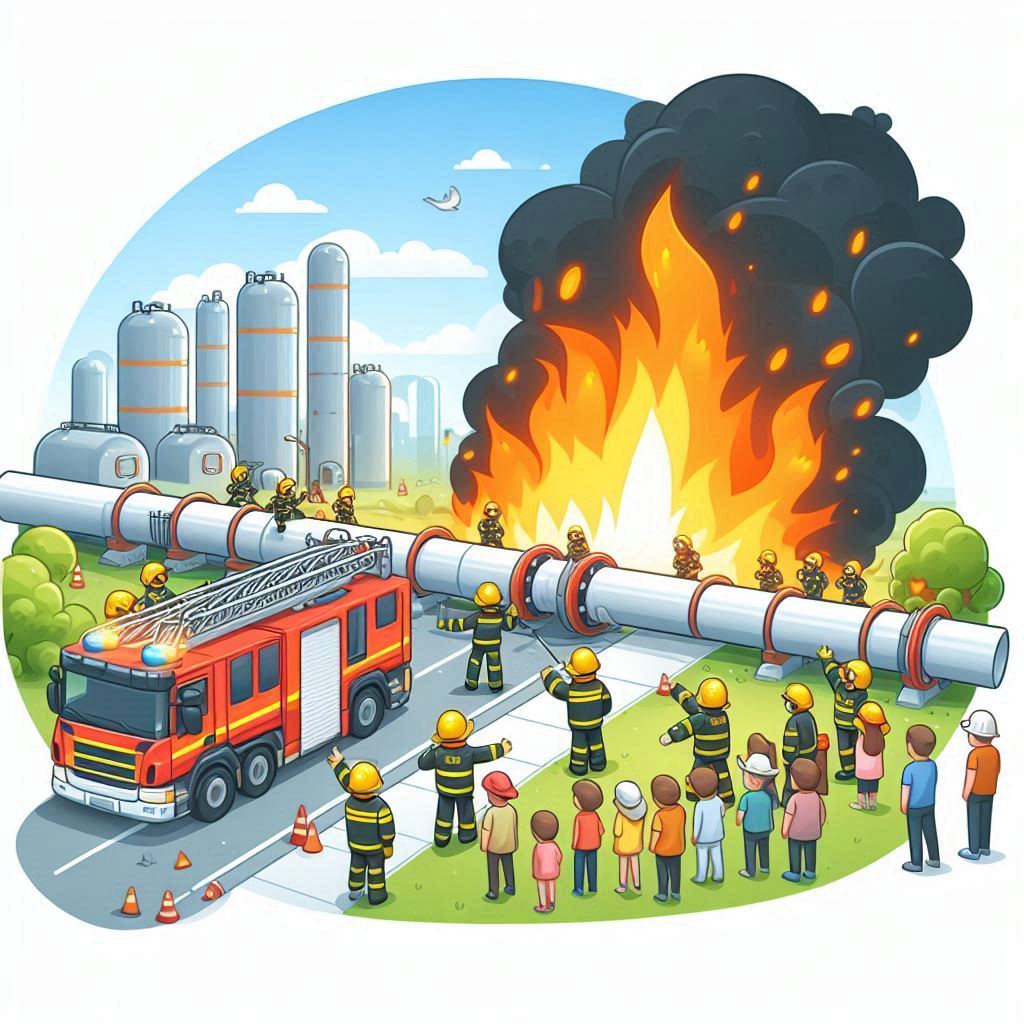
by Dr Rahim Said
Years ago, as I watched some workers laying the pipeline in front of my house, I often wondered what would happen if there was a leak—if, by some cruel twist of fate, the gas ignited and turned into an uncontrollable inferno.
That nightmare scenario played out this Hari Raya in Puchong, where a gas pipeline explosion turned a neighbourhood into an inferno, leaving hundreds homeless and a community shattered.
The tragedy that unfolded on that fateful morning was the stuff of horror films. The Ariffin family’s escape from their burning home was not just a close call—it was a miracle. Masri Ariffin and his family, along with his sisters, were minutes away from being scorched alive as they ran for their lives.
The vibrations in the ground, the unbearable heat, and the blinding light of the fire were all signs of a disaster that should never have happened. When your house is no longer a safe haven, when the only refuge is a river to cool your burning skin, you know that something has gone terribly wrong.
And Masri’s family was just one among many. Nearly 190 households suffered because of this catastrophe. The devastation was not just physical—charred homes, melted car bumpers, incinerated wiring—it was emotional and psychological. Imagine watching your beloved pets perish instantly, your home reduced to ashes, your memories consumed by flames.
Imagine carrying your toddler through the heat so intense that their delicate skin gets scorched. These are wounds that compensation money cannot heal.
Beyond the immediate loss and suffering, this tragedy raises serious concerns about the safety of gas pipelines running through our neighbourhoods.
The gas company concerned and the authorities must be held accountable. How did this happen? Was there negligence in maintenance? Were there lapses in safety measures? It is unacceptable that such a disaster could occur in a modern city, where safety regulations should be stringent, and oversight should be thorough.
For years, the argument for gas pipelines has been that they provide efficient energy solutions. But at what cost? When a single accident can wipe out entire communities, leave people homeless, and instill fear in residents for years to come, we must ask ourselves whether we have been too lax in our acceptance of these pipelines in residential areas.
The aftermath of this disaster must serve as a wake-up call. The parties concerned must conduct a full investigation and ensure that such an incident never happens again.
Safety checks must be rigorous, emergency response systems must be swift, and most importantly, residents must be informed about the risks and measures to take in the event of a gas leak.
For the families affected, life will never be the same again. The flames may have died down, but the scars—both seen and unseen—will remain for years.
The suffering of the people of Puchong should not be in vain. This tragedy must serve as a turning point in how we view gas infrastructure in our country. Let this inferno be the last of its kind.
WE